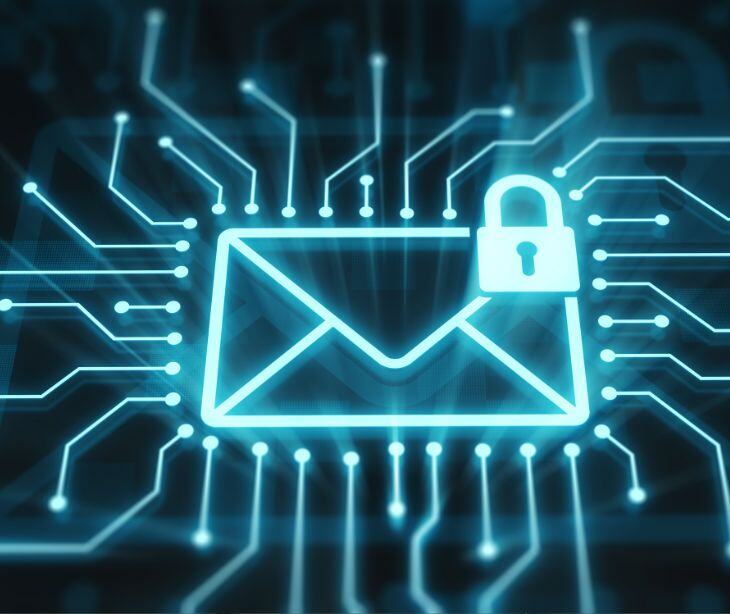2 min read
Using HIPAA compliant email for veteran benefit coordination
Kirsten Peremore
June 11, 2024

Healthcare staff like doctors and nurses must use HIPAA compliant communication to protect patient data. In the communication process between private and veteran facilities, HIPAA compliant email allows for the secure transmission of sensitive health information. Email specifically offers the most efficient form of communication as it is fast, direct, and accessible. This helps reduce delays in communication, and ensure veterans receive the care and benefits they need promptly.
The role of healthcare organizations in veteran care
Veteran healthcare focuses on the unique needs of veterans, such as PTSD, traumatic brain injuries, and combat-related injuries, offering a specialized approach different from standard healthcare. Private healthcare supports this system by providing services that complement those offered by the Veterans Health Administration (VHA).
According to Dr D.J Shulkin an MD who transitioned from the private sector to veteran healthcare, “...although VA care is distinctly different from private sector care, our ongoing transformation means closer collaboration with the private sector—that is, for veterans seeking care from community providers.”
Healthcare providers coordinate veteran healthcare benefits by handling veteran health insurance to facilitate timely and appropriate care. This collaboration allows for general healthcare for the specific needs of veterans for well-rounded support. Through this effort, veterans benefit from a healthcare system that provides access to a wide range of medical services.
Best practices
- Use HIPAA compliant email services: Choose HIPAA compliant email providers, like Paubox, with enhanced security features specifically designed for HIPAA compliance.
- PHI segregation: Design emails to segregate PHI from general communications. Use separate email threads for different aspects of veteran care to minimize the risk of unintended disclosures.
- Digital signatures: Use digital signatures to verify the authenticity and integrity of email communications, ensuring that messages have not been tampered with.
- Email usage policies: Develop specific policies on the use of email for PHI, including protocols for sending, receiving, and storing emails containing sensitive information.
- Recipient verification: Before sending an email, verify the recipient's email address to ensure it is correct and belongs to an authorized individual.
- Automatic email archiving: Implement automatic archiving of all emails containing PHI in a secure, HIPAA-compliant manner, ensuring easy retrieval and compliance with record-keeping requirements.
- Secure email disposal: Establish protocols for securely deleting emails containing PHI when they are no longer needed, including ensuring that backups are also purged.
See also: Top HIPAA compliant email services
FAQs
What is a digital signature?
A digital signature is an electronic method of verifying the authenticity and integrity of a message, document, or digital file.
Does HIPAA govern veteran healthcare?
Yes.
What are the added constraints of veteran healthcare in the private sector?
It faces both HIPAA and Veterans Health Administration (VHA) regulations, coordinating with VA benefits, and addressing the unique health needs of veterans.
Subscribe to Paubox Weekly
Every Friday we'll bring you the most important news from Paubox. Our aim is to make you smarter, faster.



